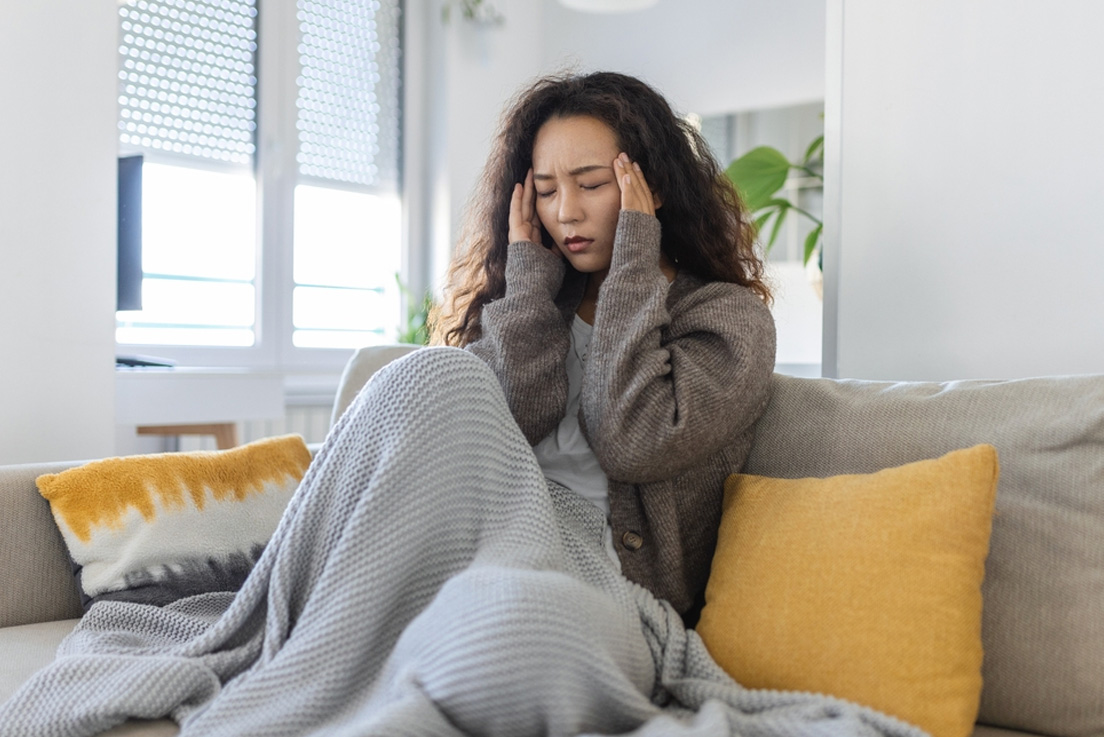Hormones play a crucial role in regulating various bodily functions, including metabolism, reproduction, and mood. When hormone levels become imbalanced, it can have a significant impact on women’s health and well-being. In this blog, we’ll explore the common symptoms of hormone imbalance in women, as well as available treatment options to address these concerns.
Understanding Hormone Imbalance:
Hormone imbalance occurs when there is either too much or too little of a particular hormone in the body. This imbalance can occur due to factors such as stress, aging, medical conditions, or lifestyle factors. Common hormones that can be affected in women include estrogen, progesterone, testosterone, thyroid hormones, and cortisol.
Recognizing Symptoms of Hormone Imbalance:
Symptoms of hormone imbalance in women can vary depending on the specific hormones involved and the severity of the imbalance. Common symptoms may include:
- Irregular menstrual cycles
- Mood swings or changes in mood
- Fatigue or low energy levels
- Weight gain or difficulty losing weight
- Hot flashes or night sweats
- Changes in libido or sexual function
- Hair loss or thinning
- Skin changes, such as acne or dryness
- Sleep disturbances
- Digestive issues
Treatment Options for Hormone Imbalance:
Treatment for hormone imbalance in women depends on the underlying cause and the specific hormones involved. Treatment options may include:
Hormone replacement therapy (HRT): HRT can help restore hormone levels to normal and alleviate symptoms of hormone imbalance. This may involve the use of synthetic hormones or bioidentical hormones, depending on individual needs and preferences.
Lifestyle modifications: Making healthy lifestyle changes, such as maintaining a balanced diet, regular exercise, stress management techniques, and adequate sleep, can help support hormone balance and overall well-being.
Medications: In some cases, medications may be prescribed to help regulate hormone levels or manage symptoms associated with hormone imbalance.
Alternative therapies: Alternative therapies such as acupuncture, herbal supplements, or biofeedback may offer relief for some women experiencing hormone imbalance symptoms.
Conclusion:
Hormone imbalance can have a significant impact on women’s health and quality of life. By recognizing the symptoms of hormone imbalance and seeking appropriate treatment, women can take proactive steps to restore hormone balance and improve their overall well-being.
References:
Mayo Clinic. (2022). Hormone therapy: Is it right for you? https://www.mayoclinic.org/tests-procedures/hormone-therapy/about/pac-20394641
National Institute of Child Health and Human Development. (2019). Hormone Replacement Therapy (HRT). https://www.nichd.nih.gov/health/topics/hrt

